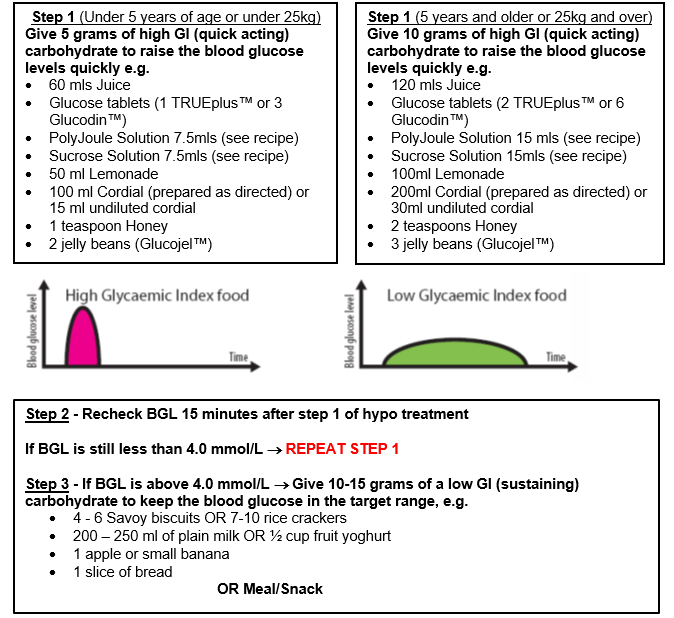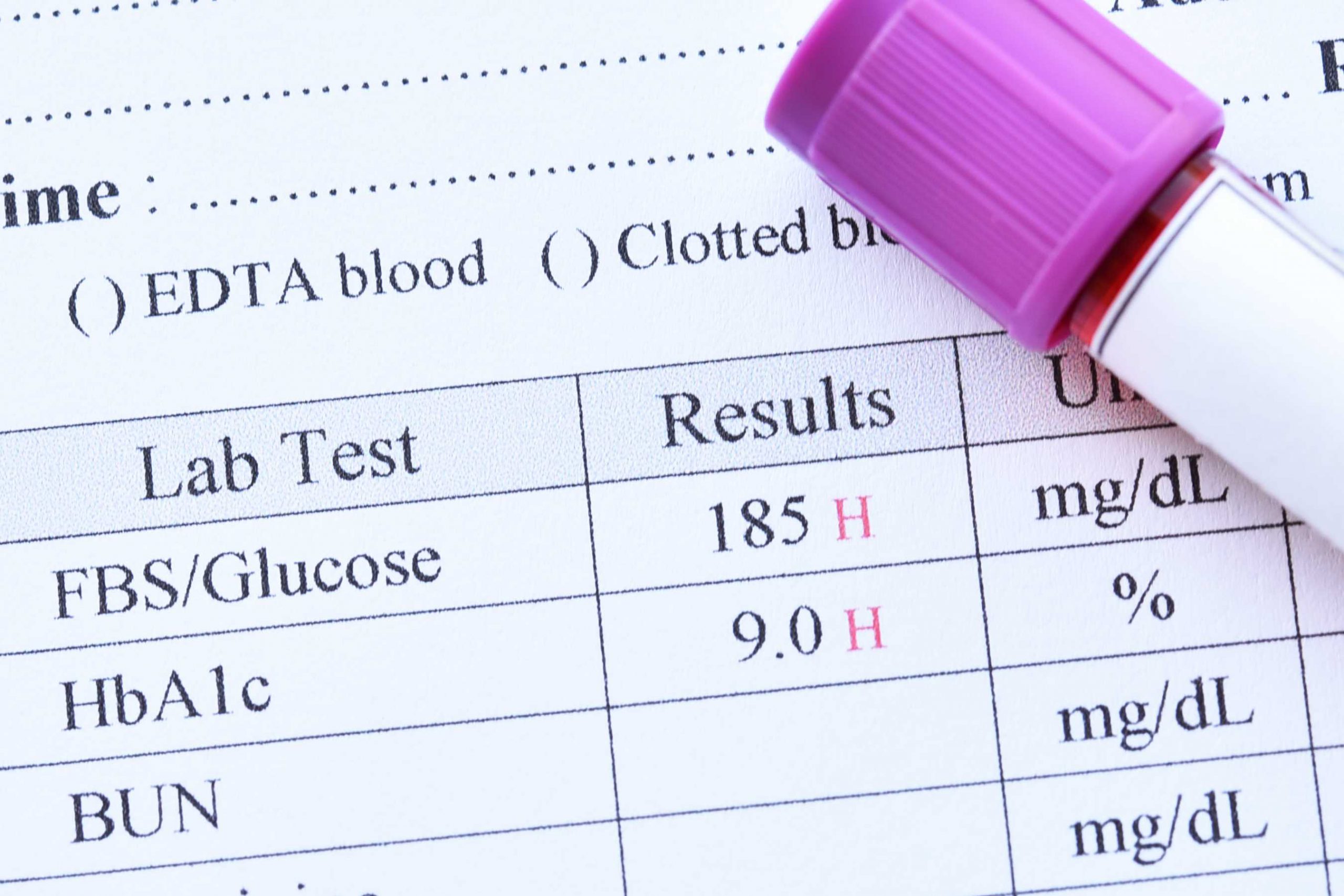Blood Sugar Levels: What is Normal, Low or High, & More Fundamentals Explained

Hypoglycemia - Wikipedia - Truths

The symptoms of a single individual might be comparable from episode to episode, but are not always so, and might be influenced by the speed at which glucose levels are dropping, in addition to previous events. In babies, hypoglycemia can produce irritability, jitters, myoclonic jerks, cyanosis, breathing distress, apneic episodes, sweating, hypothermia, somnolence, hypotonia, refusal to feed, and seizures or "spells".
In both young and old individuals with hypoglycemia, the brain may habituate to low glucose levels, with a decrease of obvious signs regardless of neuroglycopenic disability. In insulin-dependent diabetic people, this phenomenon is called hypoglycemia unawareness, and is a considerable scientific problem when improved glycemic control is tried. Another aspect of this phenomenon takes place in type I glycogenosis, when chronic hypoglycemia before medical diagnosis may be much better tolerated than acute hypoglycemia after treatment is underway.

Hypoglycaemia without diabetes: causes, symptoms, treatment
Examples of symptoms during sleep can include damp bed sheets or clothes from perspiration. Having nightmares or the act of weeping out can be a sign of hypoglycemia. Once individuals are awake, they may feel tired, irritable, or confused and these might be signs of hypoglycemia, as well. In nearly all cases, hypoglycemia that is extreme enough to trigger seizures or unconsciousness can be reversed without obvious damage to the brain.
Nevertheless, mental retardation or death has actually periodically resulted from extreme hypoglycemia. Research study in healthy grownups shows that psychological performance decreases somewhat however measurably as blood sugar falls below 3. 6 mmol/l (65 mg/dl). Research It Here (adrenaline and glucagon) are normally activated as it drops listed below a threshold level (about 3.

Blood Glucose Level Chart High Res Stock Images - Shutterstock
The 7-Minute Rule for What is normal blood sugar level for diabetics? Find out now!
2 mmol/l (40 mg/dl), and numerous healthy people may occasionally have glucose levels listed below 3. 6 mmol/l (65 mg/dl) in the early morning without apparent effects. Because the brain effects of hypoglycemia, described neuroglycopenia, identify whether a provided low glucose is a "problem" for that person, many physicians use the term hypoglycemia only when a reasonably low glucose level is accompanied by signs or brain effects.
